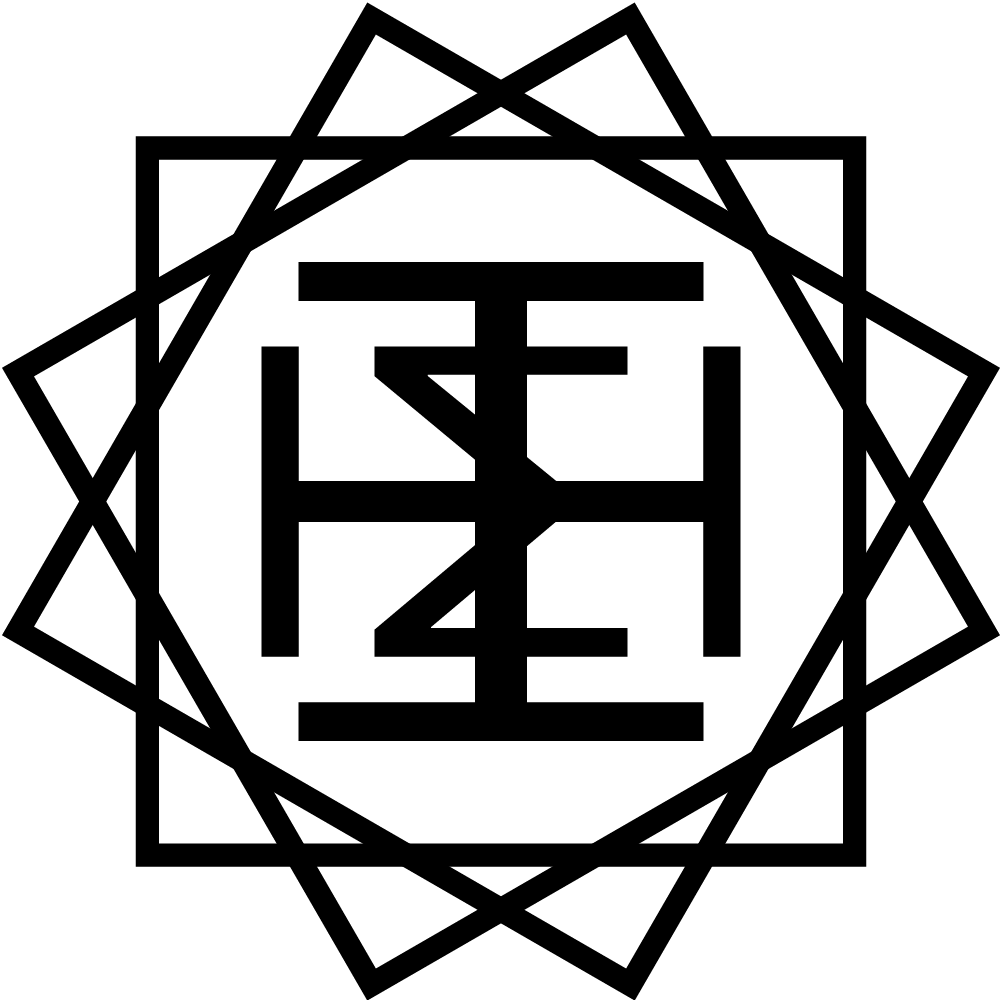
Restrictions on Abusers and Predators
is chapter 27 from the Urban Monastic Way of Life.
Let us take great care to build and protect the spaces we meet in. This care requires us to be aware of those who have physically or sexually abused or preyed on others. Part of their repentance will include their rejection of power and prestige. Across Urban Monastics, they are not allowed to be in leadership or to make decisions.
Everyone is welcome to be an Urban Monastic. For each of us, there will never be a shortage of God’s grace. We will never have to choose between this sin or that sin being covered in divine grace. Part of the wonder of the cross is that our Lord Jesus has overcome sin and death. As we receive our salvation, the fullness of our sin is forgiven by God. All we have done, are doing, and will do is forgiven. We are forgiven for the sins we know about, and for those we are blind to.
Being restored and redeemed by God is wonderful. It defines our lives and welcomes us into an eternity with God. Let this be absolutely clear: there is no sin that cannot be covered by the body and blood of Christ.
Church leadership must be held to a high standard of behavior and character. Being invited to serve in the Church is a high honor. It is a high calling to be set apart to care for the people of God. This calling should be held with reverence and esteem. Its reverence is why certain behaviors can permanently disqualify people from church leadership. No one should be disqualified for who they are, but they may be for what they have done.
There are voices that want to confuse the church. Voices that want to conflate one’s restoration to God with restoring predators into ministry. This is wrong. Those who violate the autonomy of others will not be restored to our leadership. There are other vocations and places in our world for them to work and contribute. The Church and Ministry are not among them.
This is how we apply this reality within Urban Monasticism: physical or sexual abusers and predators are forbidden from leadership and decision-making. This includes anyone who has been responsible, convicted, or reasonably accused of abuse or assault. They are expected to disclose their past to the leadership of Urban Monastics. For everyone in leadership, this information will become common knowledge and be accessible. As an organization, we will commit to safeguarding these individuals and others by restricting them from decision-making and the temptations of power. Instead, we will offer a place of welcome into the humility and restoration of Christ. We welcome them to a place where the grace of God can be manifest in His children. A place where repentance and healing can transform what has been used for evil before. As a part of our safeguarding, they are welcome to participate in silence and cannot hold leadership positions.
Repentance begins when the Spirit gives us a clear understanding of the harm we have caused. This clarity meets the grace of God that covers our sins. Through the freedom of forgiveness we can share this understanding with others. We accept that our actions may place restrictions on us in the future.
So what does repentance look like for those who violate the autonomy of others? What does it look like for those who use their power to harm people? How do those people now respect and honor the autonomy of everyone else? They must do two things. First, they must reject any power over another person. Second, they must enjoy the abundance of God’s grace through their humble silence. We do not believe that their silence (spoken and written) hinders the Church of Jesus. There is more than enough wisdom and beauty within the Church without their words. The presence of an abuser or predator makes every space they enter less safe. In order to love our community well, they must make themselves known to us. At the end of the day, it is up to the community if they feel comfortable allowing an abuser or predator to be present in our spaces. Anyone in the community is allowed to express their discomfort at any time, and the abuser/predator will be asked to leave the group. Many abusers and predators will not find this agreeable with the image they have of themselves.
In keeping with the spirit of this chapter of our Way of Life, here are some final notes. Survivors can have their abusers excluded. Anyone who fails to self-disclose their behavior, related to this chapter, is to be excluded. Their willful deceit is also their choice of exclusion. We have the right to make public disclosures. These are made due to our shared responsibility to the whole people of God.
The restrictions within this chapter apply to three kinds of physical or sexual abusers and predators. First are those who have been legally liable. Second are those who were found responsible for abuse by any other organization. The final category is for those reasonably accused. Far too often, abusers avoid any accountability or consequences for their harm. Urban Monastics is not the place to do the much needed work of healing and restoration for abusers or predators. It is a place where they may be welcomed if they are willing to abide by the restrictions and disclosures in this chapter. Their welcome, or lack of welcome, is not a statement of God’s love for them.
Reports of Harmful Behavior:
Abusive, harassing, and predatory behavior (that is physical or sexual) will happen within Urban Monastics. Leadership must take reports of this seriously. Each report needs to be heard and addressed promptly. Any time a local law may have been broken, leadership needs to involve local authorities. All evidence available must be given to authorities with the initial report. Any new information should be given as it comes to light. If a leader fails to address reported concerns, they have covered up harmful behavior. These leaders will also be subject to the conditions of this chapter. They will be removed from leadership, and invited into silence and humility.
Invitations to Engage
- Meditate on how we create environments that promote the healing and restoration of those who have been harmed.
- What ways have the teachings and perspectives of predatory people infected our beliefs and practices?
- Where are the safe environments or people that allow you to more easily find yourself in God’s presence?
- Reflect on what it takes to cultivate a safe environment. How does that environment facilitate our meeting with God and others?
- Celebrate the spaces in your life that are safe enough for you to experience the presence of God.
- Contemplate the ways you may have enabled abuse or predatory behavior in various spaces.
- Meditate on the ways you can help the Church unveil and address abusers and predators.
- Meditate on how your presence is safe or unsafe for survivors of physical or sexual abuse.
- Grieve for those who have endured abuse and been preyed upon. Pray that Jesus would bless them, and bring their predators into the public light of truth.
- How do you understand the privilege and honor of those set apart to care for God’s people and Church?
- God honors your autonomy. Reflect on how God’s gift of grace was given to you and waited for you to openly accept it.
- Reflect on any predators who may be a part of your life. What kinds of boundaries may you need to put in place to allow for your flourishing with God, and for them to grow in humility?
- Reflect on how your beliefs and practices have been negatively impacted by the teachings and perspectives of predatory people in ministry (and those that protect them).
- Are there Christian communities you are a part of that have unrepentant abusers or predators in leadership (formal or informal)? How does your continued involvement support survivors to experience the tender presence of God in the midst of these dangerous people?
- How do we embody the special attention and care Jesus showed those harmed by those in power as people and a community?
- Reflect on physical altercations you have been a part of. Have you used your physical strength (or threat of it) to change the minds or opinions of others? Are there people who may walk out of your life (or have already done so) if you never threatened or harmed them again? Is there anyone in your life, or past, who you used your physical power to control?
- Reflect on sexual encounters you have been a part of. Was the person you were with actively and positively giving their consent? Were they of an age or in a mental state to give their consent? Have you had a sexual encounter where you held a position of power or authority over your partner, confusing their consent? Did you feel the freedom to withdraw your consent? If you are clergy, have you had sexual encounters with a member of your ministry or parish (this is abuse)?
- Reflect upon your journey into meekness and humility. How does this endless journey into powerlessness feel? What has been transformative for you?
- For those in leadership: How do our responses to abusers and predators reflect the care we are to take for the people of God? How are we helping abusers and predators experience accountability, humility, and repentance?
- For those in leadership: Reflect on your response to the reports of abuse that have been brought to you. Was your response to each report prompt, thorough, complete, and accurate? If not, how are you creating safe spaces when you have previously given cover to abusers and predators?
- For Repentant Abusers and Predators: Seek out counseling for your behavior, pursue wholeness of understanding why you abused, and do the work to break your cycles of violence.
- For Repentant Abusers and Predators: How do you fully accept the forgiving grace from God while respecting the autonomy and lack of contact with your victims?
Meditations on this Chapter
A meditation has not yet been written for this chapter.

